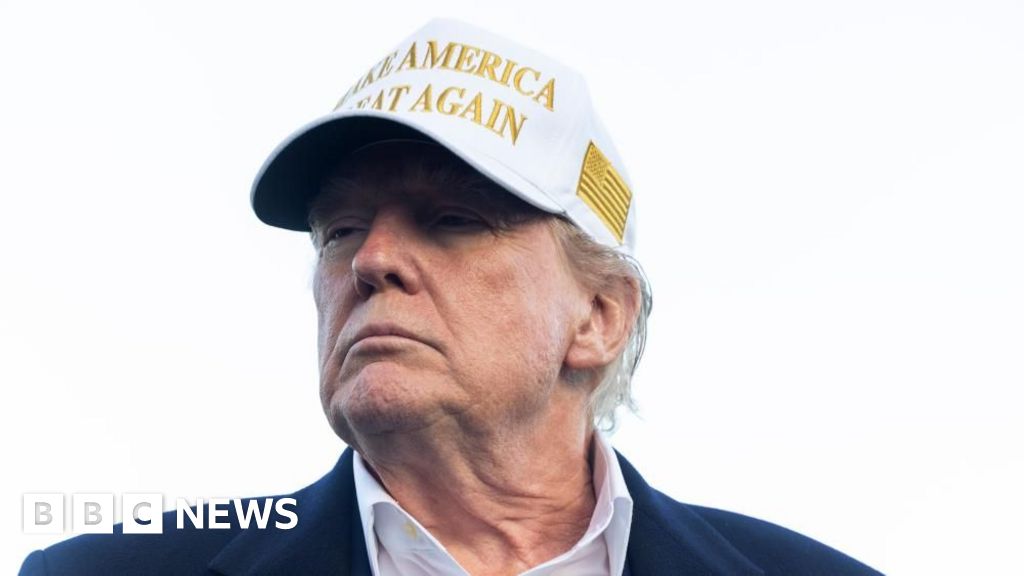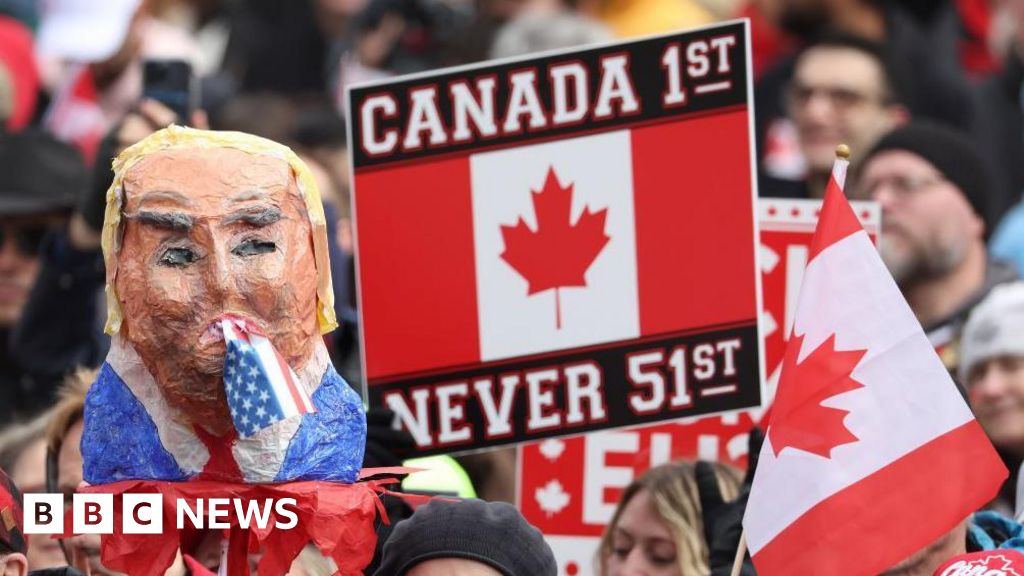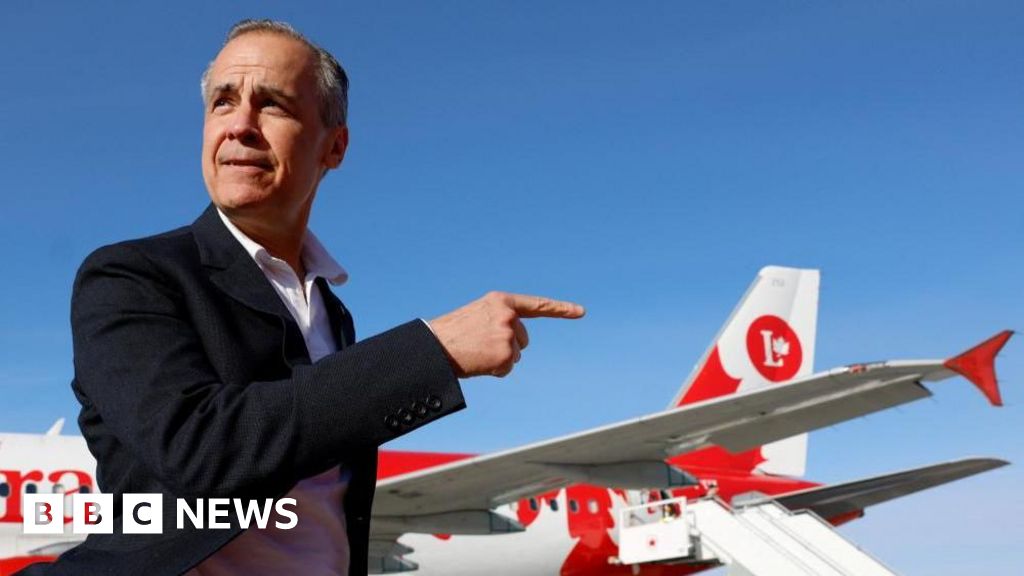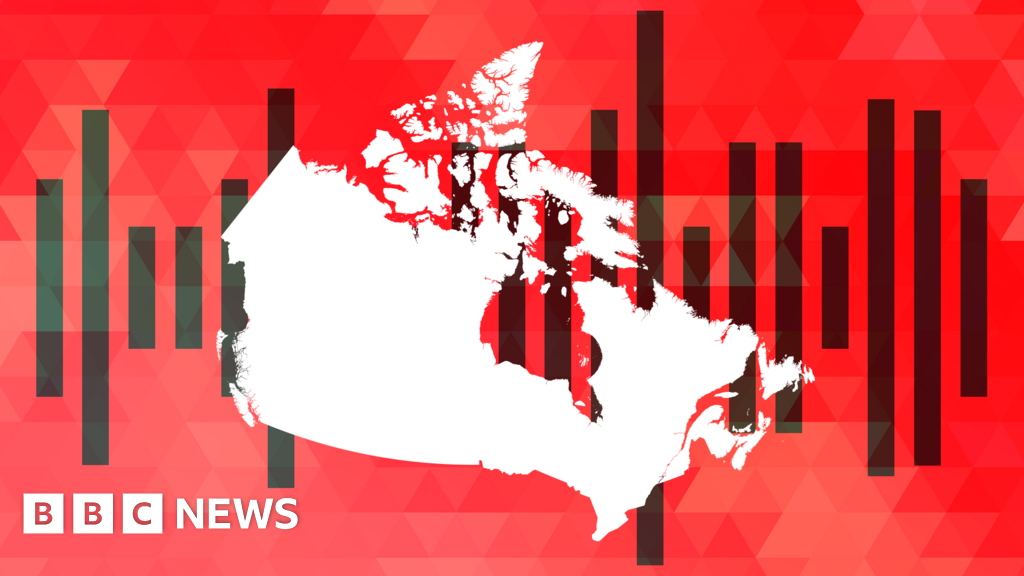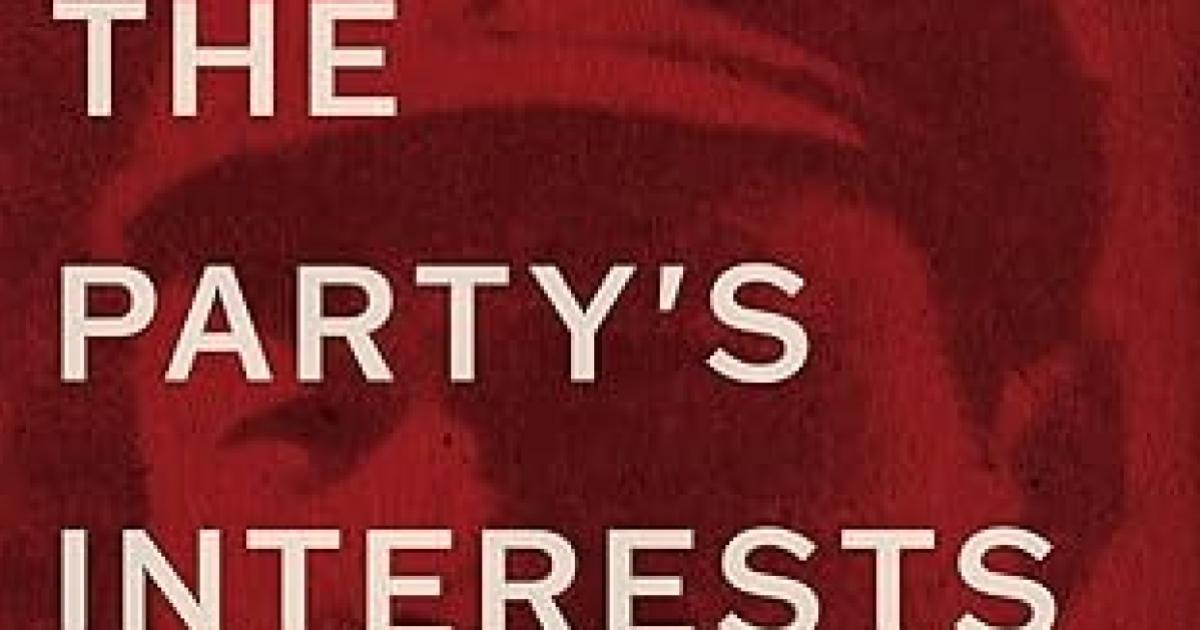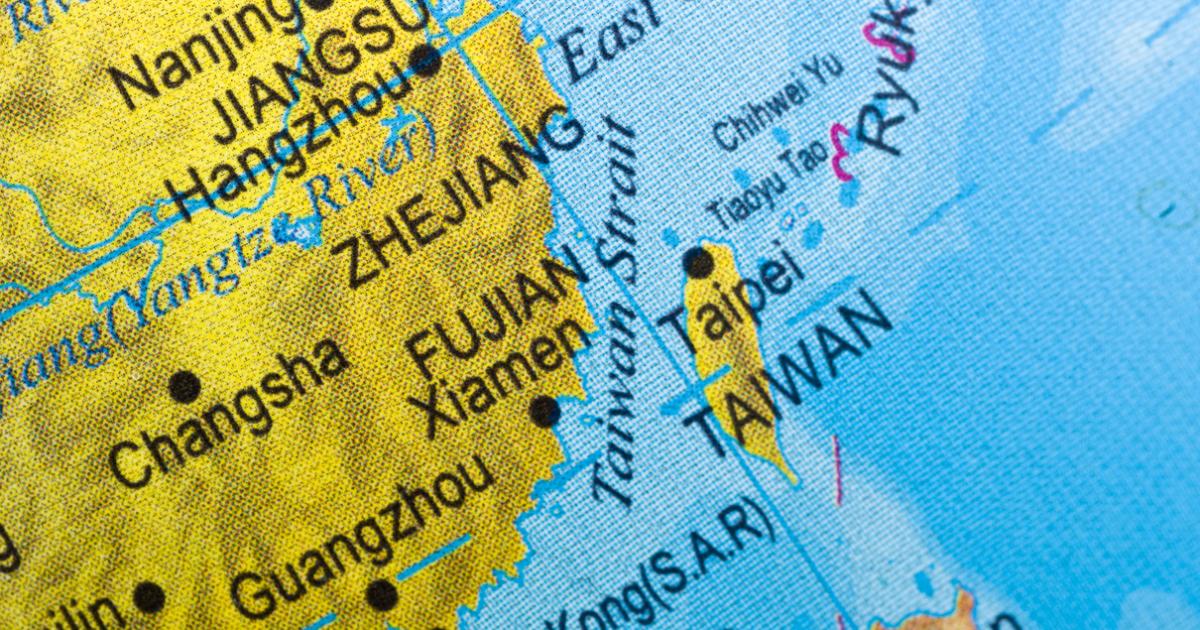Canada's Liberals Secure Minority Government in Historic Election Amid National Mourning

(UPDATED with additional details and results) In what many are calling a remarkable political resurgence, Canada's ruling Liberal Party has successfully secured a minority government following the results of the recent election, taking a firm stance against former U.S. President Donald Trump's tariff policies. This election, held on a day of national mourning due to a tragic incident that claimed the lives of 11 individuals at a Vancouver street festival, marks a significant moment in Canadas political landscape.
Once thought to be on the verge of a major defeat under the leadership of Prime Minister Justin Trudeau, the Liberals, now led by former Bank of Canada and Bank of England governor Mark Carney, managed to claim victory in the 343-seat Parliament early on Monday. Their achievement represents a fourth consecutive term for the party, which has been a dominant force in Canadian politics for much of the countrys 158-year history.
As the first results trickled in from Atlantic Canada, the race appeared to be tighter than anticipated for the Liberals. However, the election effectively shifted in their favor when the vote counts from the populous provinces of Ontario and Quebec were reported. By 7:12 PM Pacific Time, shortly after voting concluded in British Columbia, the Canadian Broadcasting Corporation (CBC) projected a win for Carney and the Liberals.
Currently, the Liberals have secured 147 seats, while the opposition Conservatives hold 104, leading to a situation where smaller parties have been significantly diminished, resulting in a rare two-party Parliament. To form a majority government, a party needs 172 seats, and with around 100 ridings still too close to call, there remains a possibility that Carney could achieve the first Liberal majority since 2019. However, as of the latest updates on April 29, it appears that the outcome will indeed settle into a minority government, with the Liberals holding 169 seats, the Conservatives at 144 (notably with their leader Pierre Poilievre losing his own seat), the New Democratic Party (NDP) reduced to 7 seats, the Bloc Qubcois with 23, and the Green Party holding one seat.
This election outcome is striking, especially considering the political landscape just a few months ago, where the Conservatives, led by Poilievre, were leading the Liberals by more than 20 points. The Conservative Party was perceived as a government-in-waiting, aligning closely with the MAGA ideology that has gained traction in the United States. However, a dramatic political shift occurred following Donald Trump's return to office after a contentious election against Kamala Harris in the U.S. in November, which altered the dynamics on the continent significantly.
Prior to his second term, Trump had made headlines by sarcastically suggesting that Canada should become Americas 51st state while targeting Trudeau with a series of tariffsactions that, contrary to their intent, stirred a sense of patriotism among Canadians. Despite the unpopularity of Trudeau, many political analysts viewed his resignation as insufficient to guarantee the Conservatives a victory over the Liberals.
Carney, who had never previously held elected office, initiated his leadership campaign informally on The Daily Show and quickly gained traction with a robust platform focused on countering Trump and revitalizing the Canadian economy. Following his victory as head of the Liberal Party in March, he called for elections shortly thereafter, attracting high-profile endorsements from Canadian icons like Mike Myers and Neil Young, who publicly stated that Canada Is Not For Sale. Throughout the campaign, Carney maintained a slight but consistent lead over Poilievre and other candidates.
As the campaign progressed, the focus narrowed to a single issue: the condemnation of Trumps aggressive stance towards the Canadian economy and national sovereignty. Interestingly, Trump even suggested that Carney would make a better prime minister without providing any tangible support for Poilievre. In a controversial move, Trump took to his platform Truth Social on the morning of the election to promote himself as the leader Canadians needed, while Poilievre responded by urging Trump to stay out of our election.
On election night, a significant technical glitch occurred when Elections Canadas website went down around 4:30 PM PT, causing difficulties for voters trying to access polling information. The agency acknowledged the issue, stating, Our website is having technical difficulties. As a result, some of our online services and tools are currently unavailable. We apologize for any inconvenience. This unexpected outage delayed the release of voting results, which only began to surface around 6 PM PT.















